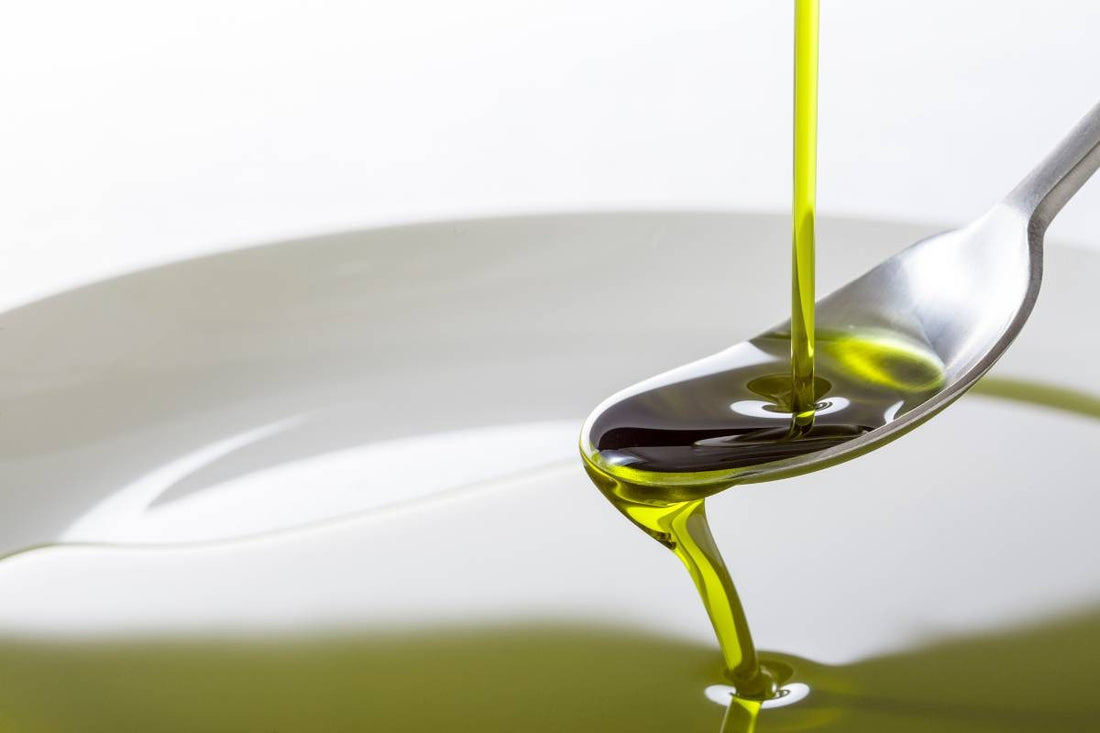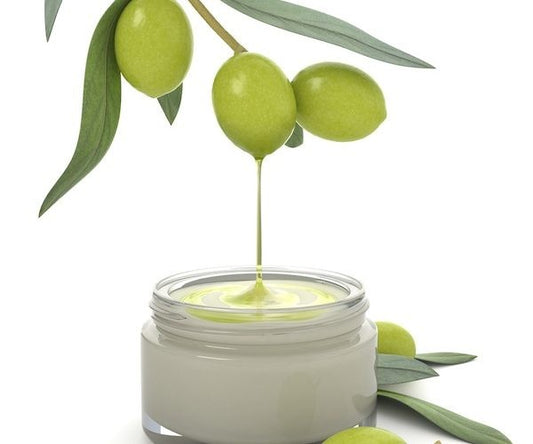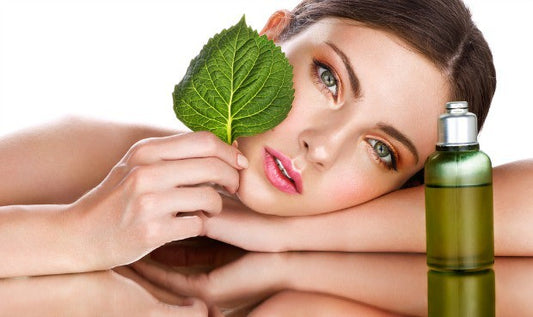
Extra virgin olive oil: from healthy food to medicine
We all know that extra virgin olive oil is good for health: a spoonful of extra virgin olive oil a day is a good remedy for constipation, it is an exceptional ointment for light burns and is used in high quality cosmetics.
But there's more, in fact from today it has officially passed from a healthy food to a medicine.
The Food and Drug Administration (FDA), i.e. the government body that supervises the regulation of food and pharmaceutical products introduced into America, has revised the definition of extra virgin olive oil, bringing it from "health food" to "medicine". According to the FDA, this food is so good for health and helps to counteract a series of diseases that it must be considered on the same level as a medicine, but, like the latter, it must be ingested in precise doses.
- Why is extra virgin olive oil so good for you??
The composition of extra virgin olive oil is very similar to that of mother's milk and this similarity underlines once again the importance of this food in weaning, in child nutrition and in adult nutrition.
It contains polyphenols, beta carotene, vitamin E , substances that prevent arteriosclerosis and slow down cellular aging, for this last precious feature it is used in high-end natural cosmetics.
Furthermore, the daily intake of Extra Virgin Olive Oil is useful for reducing the risk of breast cancer thanks to its anti-inflammatory and nutrigenomic properties.
In old age it favors the assimilation of calcium and its mineralization.
The benefits of this magnificent product are not limited to the cooking field, in fact, thanks to the presence of squalene, it is an excellent soothing ointment for skin protection.
- How to take extra virgin olive oil
According to the FDA, it is sufficient to ingest 23 grams (about two tablespoons) of raw and cold-processed extra virgin olive oil every day , to take at least 17.5 grams of oleic acid (an important monounsaturated fatty acid), 4.5 milligrams of Vitamin E, 10 milligrams of polyphenols.
- How to properly store extra virgin olive oil
In order to be able to enjoy all the benefits listed above, precise conservation rules must be followed.
- It must be stored at a temperature between 14 and 18 degrees .
- It must be kept in small containers (maximum 500 ml) closed, clean, made of dark glass or porcelain or stainless steel.
- It must not be in contact with oxygen , and for this reason it should not be kept for long in half-empty containers, even if hermetically sealed.
- It must be kept away from light sources


